Challenges Of Quality Control Orders In The Textile Industry
Share Post
The introduction of Quality Control Orders (QCO) in the textile sector has been a significant regulatory move aimed
at ensuring the standardization and quality of products manufactured and sold in India. While QCO has many
benefits, such as enhancing product quality, boosting consumer confidence, and ensuring global
competitiveness, its implementation has also presented several challenges for various stakeholders,
particularly in industries like textiles, jute, cotton, and technical textiles.
Market Disruption and Supply Chain Challenges
The introduction of QCO can cause disruption in the market, particularly when existing manufacturers are unable to comply with the new standards. This creates a situation where non-compliant products are phased out, resulting in supply chain disruptions and potential shortages in the market. In the jute industry, for example, where jute bags are widely used in packaging, any disruption in the production of compliant bags can lead to bottlenecks in sectors like agriculture and food processing, which rely heavily on these packaging materials.
Time-Consuming Certification Processes
The process of obtaining certification under QCO is often timeconsuming, which can create bottlenecks for manufacturers aiming to get their products to market. The Bureau of Indian Standards (BIS), responsible for certifying products under QCO, requires manufacturers to undergo rigorous testing and quality checks to ensure compliance. While this process ensures that only high-quality products reach consumers, it can also result in production delays, especially for companies that produce a wide range of products.
High Compliance Costs
One of the major challenges associated with the implementation of QCO is the cost of compliance. Manufacturers, particularly small and medium-sized enterprises (SMEs), often struggle to meet the stringent standards outlined in QCO due to the need for advanced machinery, upgraded processes, and quality control mechanisms. These changes may require significant capital investment, which can be burdensome for smaller players in the textile industry.
Limited Awareness and Knowledge
Another significant challenge in implementing QCO is the limited awareness and understanding of the standards among manufacturers, particularly in the rural and unorganized sectors. Many small textile manufacturers, who have operated for decades without formalized quality standards, may be unaware of the specific requirements laid out by BIS (Bureau of Indian Standards). This lack of awareness can lead to non-compliance, resulting in penalties, production halts, or even market exclusion. In sectors like jute products, where a large portion of production is done by small-scale artisans or cooperatives, the dissemination of information about QCO regulations is crucial.
Technological and Infrastructure Gaps
QCO often requires manufacturers to invest in modern technology and infrastructure to ensure product quality, consistency, and durability. However, not all manufacturers in the textile industry have access to the necessary technology. Many textile units, particularly in regions with poor infrastructure, face challenges in upgrading their facilities to meet QCO mandates. This is especially true for sectors like cotton products, where quality control can require the use of advanced testing methods to ensure fiber strength, shrinkage resistance, and colorfastness.
technology and infrastructure to ensure product quality, consistency, and durability. However, not all manufacturers in the textile industry have access to the necessary technology. Many textile units, particularly in regions with poor infrastructure, face challenges in upgrading their facilities to meet QCO mandates. This is especially true for sectors like cotton products, where quality control can require the use of advanced testing methods to ensure fiber strength, shrinkage resistance, and colorfastness.
Resistance to Change from Industry Stakeholders
The textile industry, particularly in its more traditional segments like jute and cotton, has long operated with certain established practices and manufacturing processes. The introduction of QCO, which requires adherence to modern standards, often faces resistance from industry stakeholders who are reluctant to change their ways of working. This resistance can stem from a variety of factors, including the cost of upgrading facilities, a lack of technical expertise, and a general reluctance to adopt new technologies.
Navigating the Challenges of QCO Implementation
While Quality Control Orders (QCO) have undoubtedly raised the standards for product quality in the textile industry, they also present several challenges for manufacturers, importers, and exporters. From high compliance costs and technological
gaps to market disruptions and global trade complications, the road to QCO compliance is fraught with hurdles. Addressing these challenges will require coordinated efforts from both the government and industry stakeholders, with a focus on providing financial assistance, improving access to technology, and promoting awareness of the benefits of compliance.
03:24 PM, Dec 07
Other Related Topics
.webp)
US–Bangladesh Tariff Pact Brings Fresh Momentum to Garment Exports
04:08 PM, Feb 10



.webp)
.webp)

1.webp)
1.webp)
1.webp)


1.webp)
1.webp)


1.webp)
1.webp)
1.webp)



1.webp)

1.webp)




1.webp)


1.webp)
1.webp)
1.webp)


1.webp)
1.webp)

1.webp)


1.webp)
1.webp)
1.webp)
1.webp)
1.webp)

1.webp)
1.webp)


1.webp)

1.webp)


1.webp)

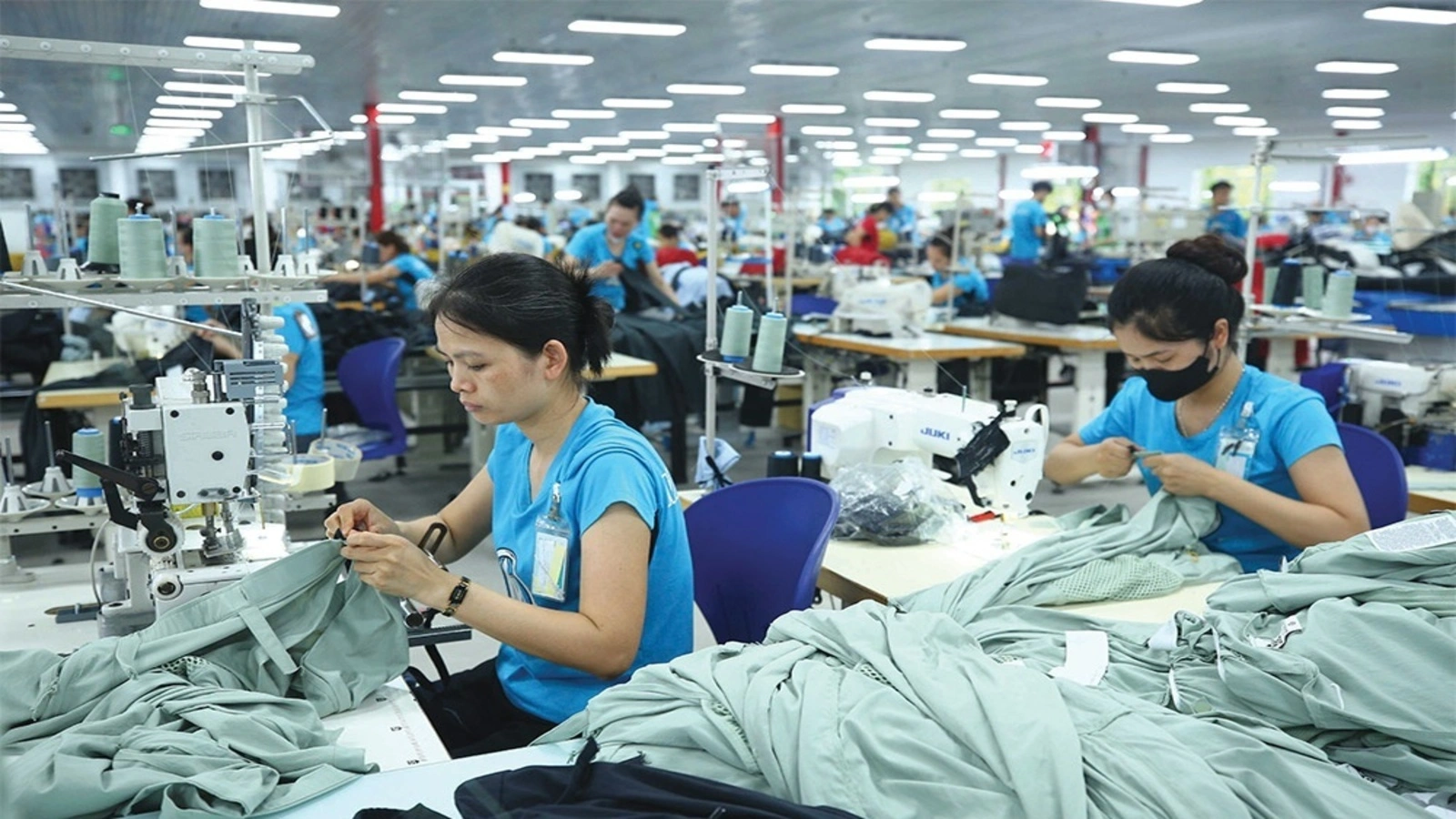


1.webp)




1.webp)

1.webp)
1.webp)
1.webp)

1.webp)
.webp)
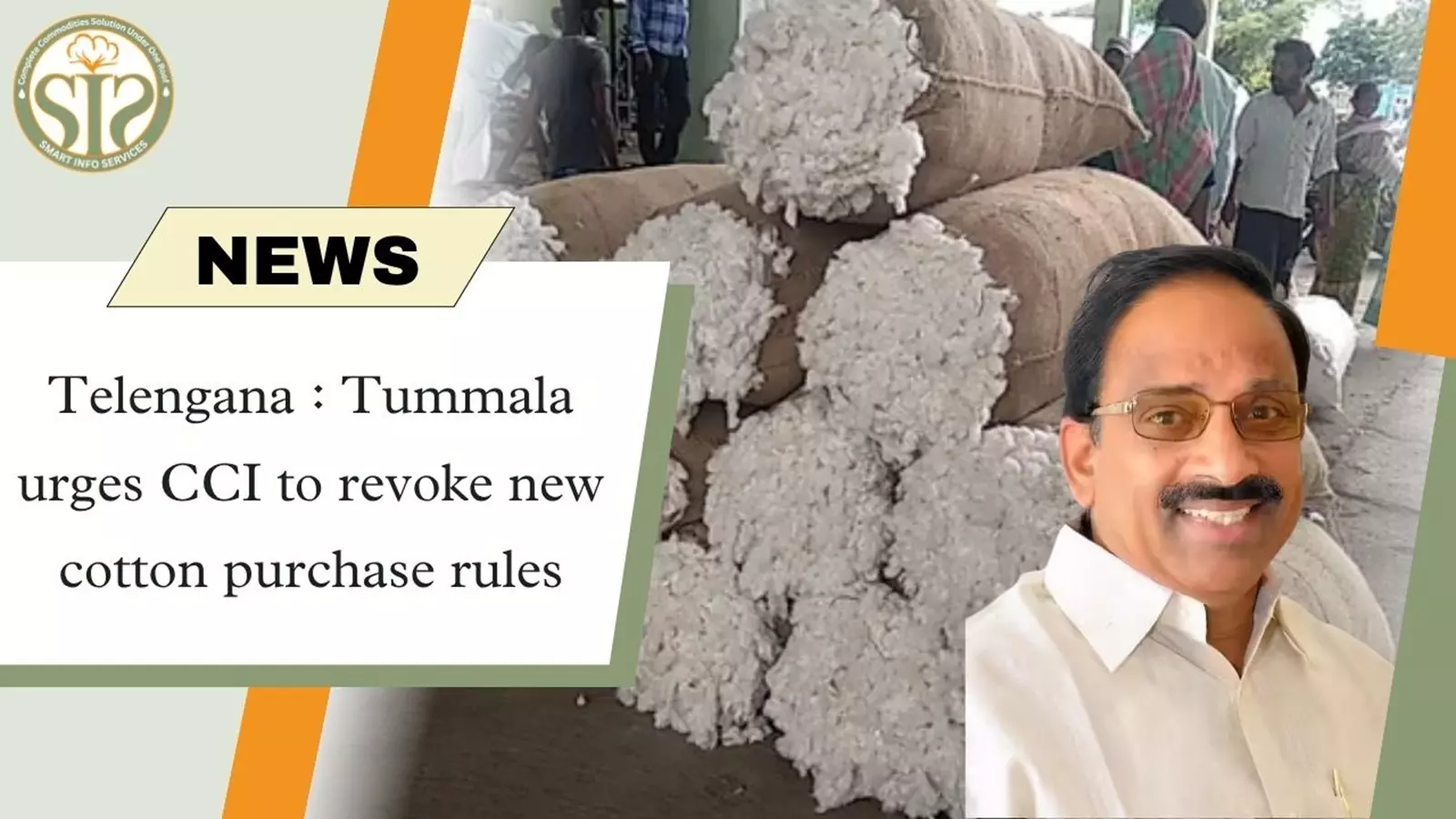

1.webp)

1.webp)




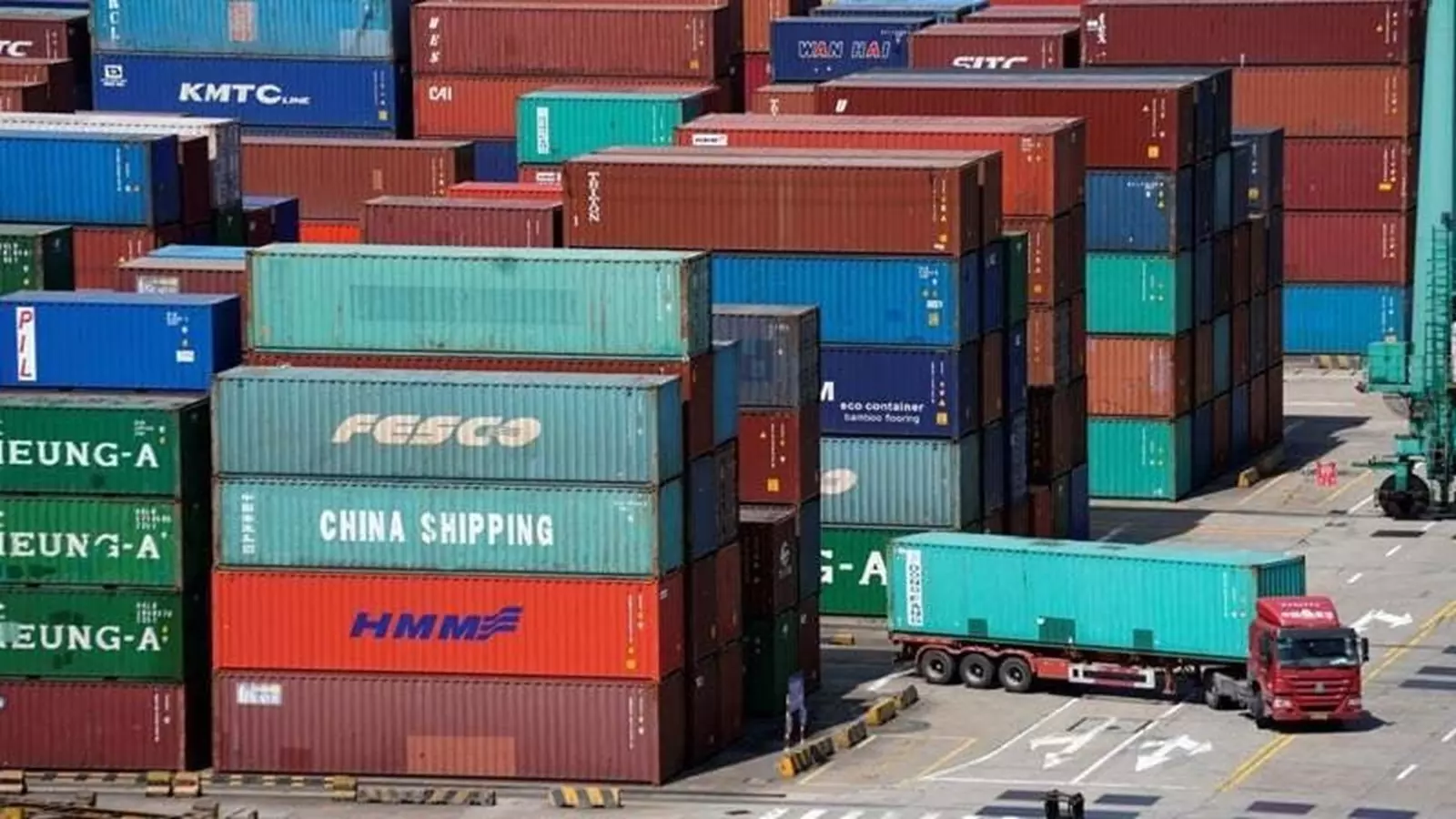
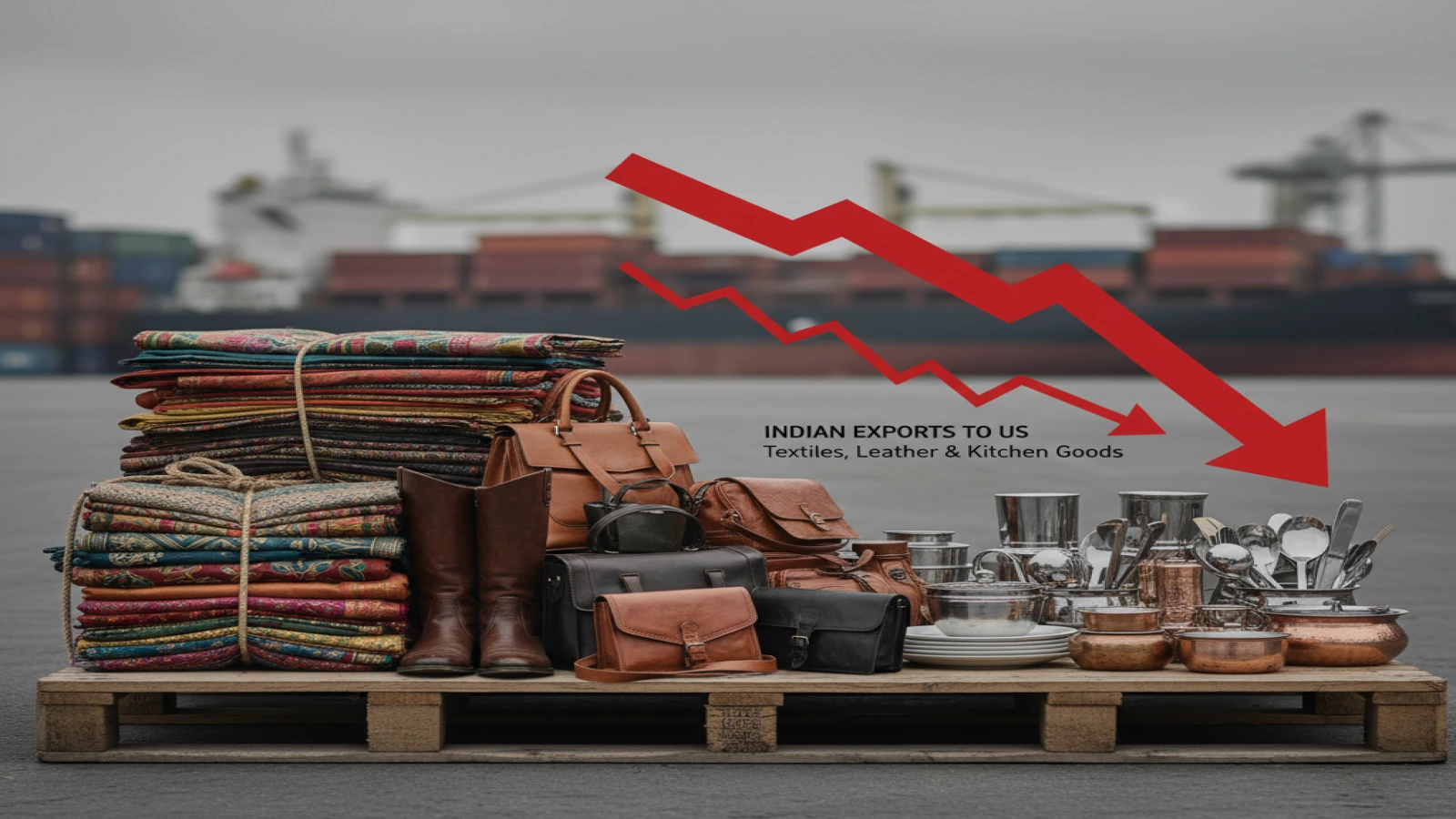


1.webp)



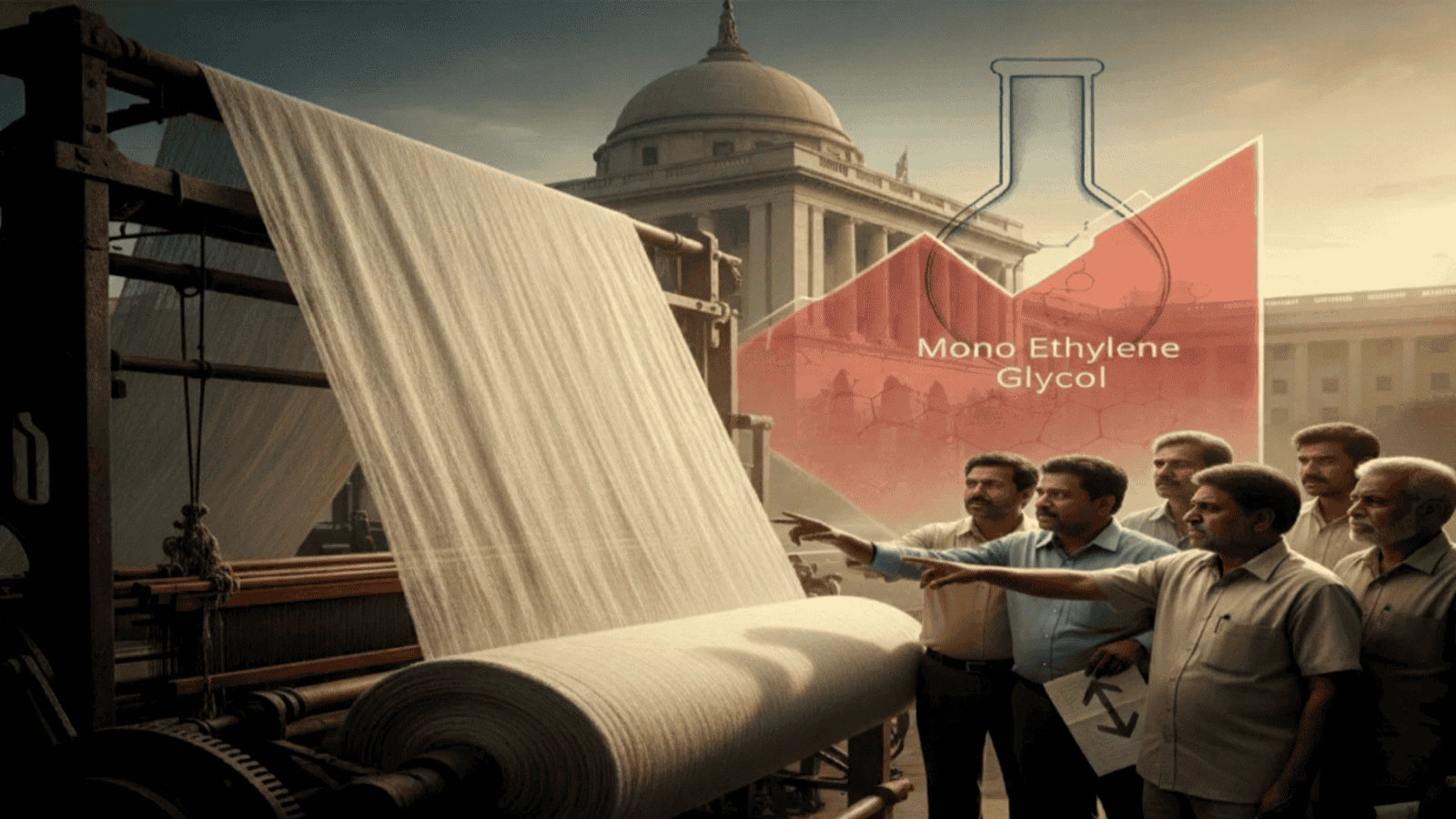

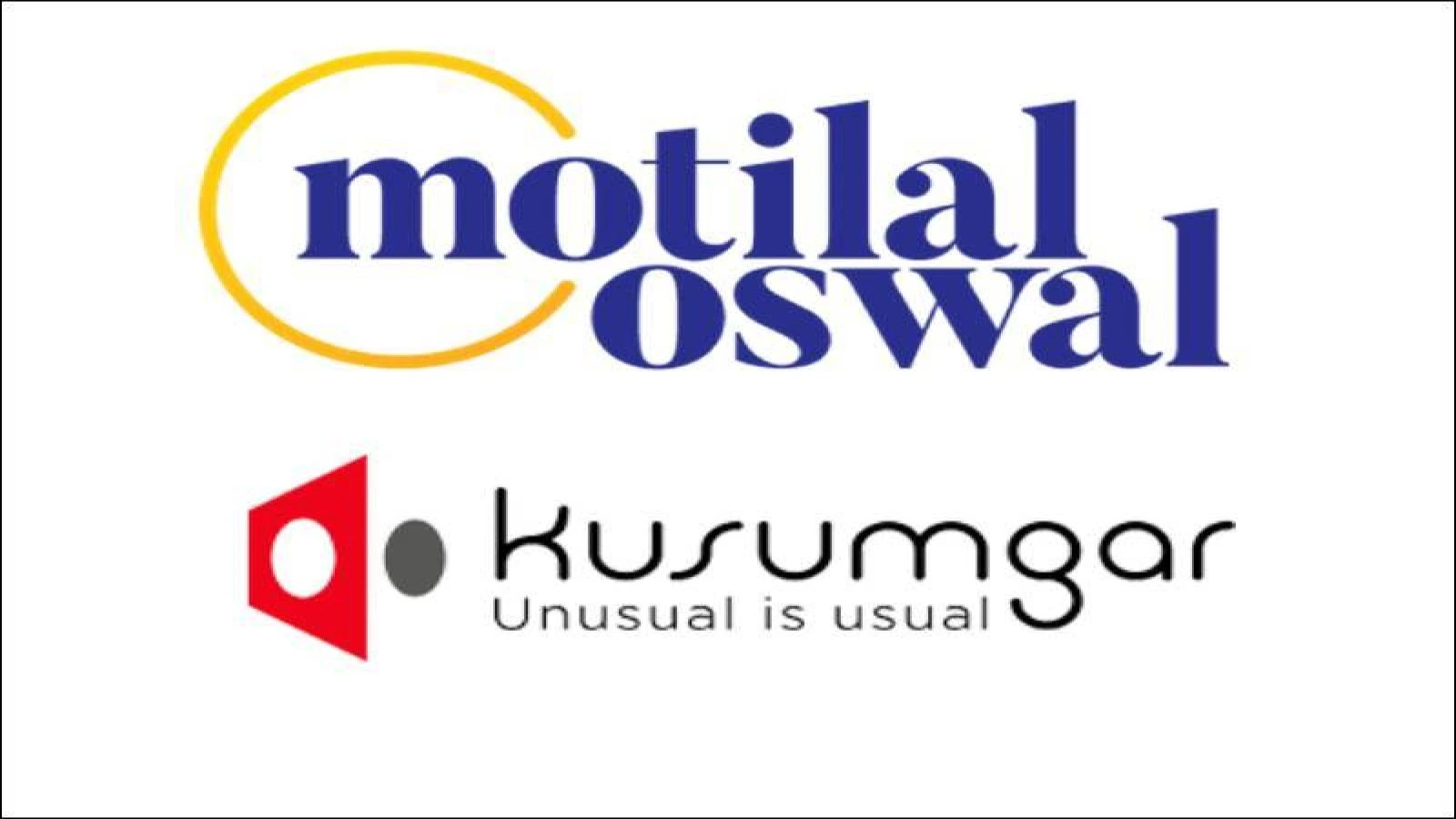



1.webp)

1.webp)

































































.png)









.jpg)
.jpg)




_(1)1.jpeg)








1.jpeg)
